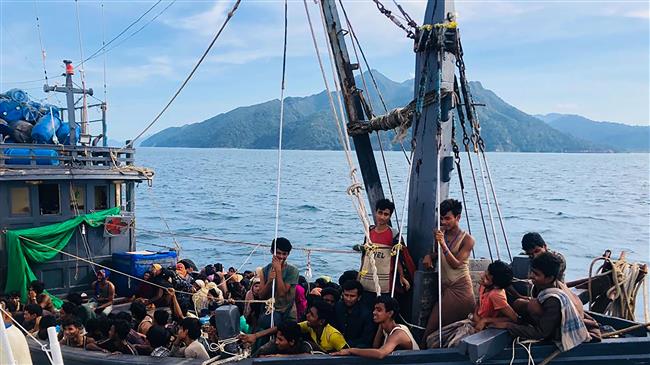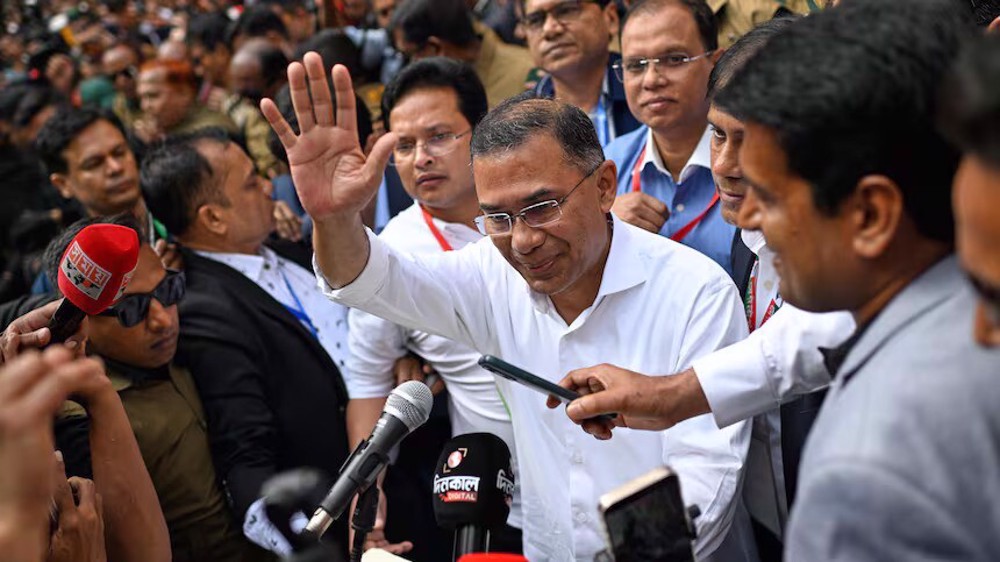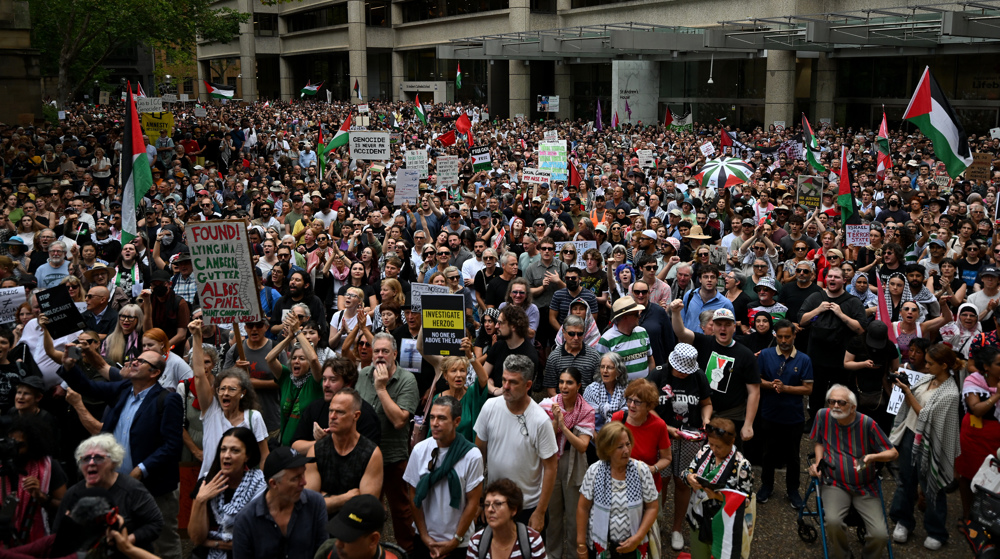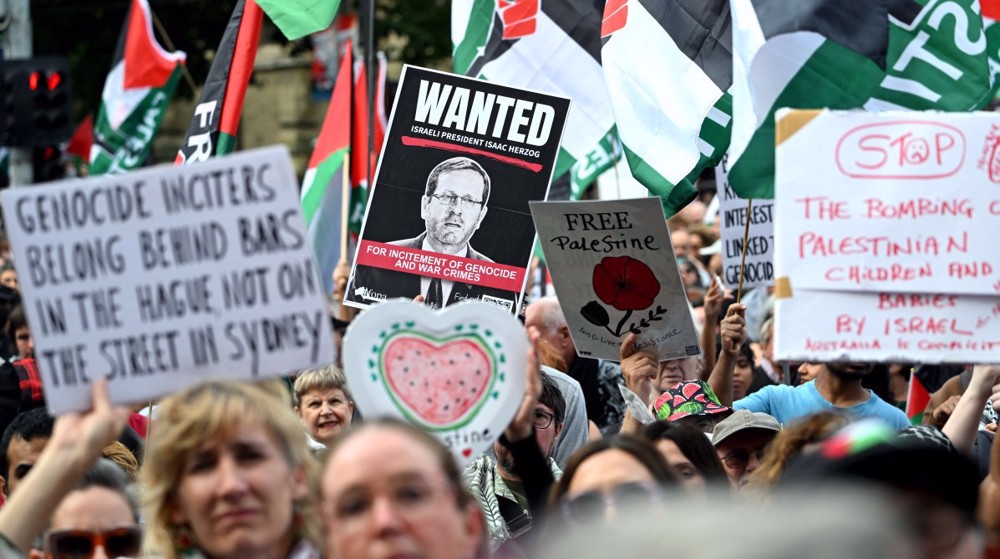UNHCR voices concern for Rohingya refugees on boats amid coronavirus emergency
The United Nations refugee agency has voiced mounting concern over a “grave immediate risk” to persecuted Rohingya Muslim refugees who have fled Myanmar by boats amid the coronavirus pandemic.
According to Indrika Ratwatte, the director of UNHCR's Regional Bureau for Asia and the Pacific, the refugees are currently being refused entry to regional countries.
“We are increasingly concerned by reports of failure to disembark vessels in distress and of the grave immediate risk this poses to the men, women and children on board,” Ratwatte said on Thursday.
While acknowledging the dangers brought about by the COVID-19 pandemic, Ratwatte added that measures to help contain the virus "should not result in the closure of avenues to asylum."
"In the context of the unprecedented current COVID-19 crisis, all states must manage their borders as they see fit. But such measures should not result in the closure of avenues to asylum, or of forcing people to return to situations of danger."
He went on to say countries in the region should not allow a repeat of the 2015 Rohingya refugee crisis, during which thousands were stuck at sea trying to escape Myanmar.
"We must not return to such life-threatening uncertainty today," Ratwatte said.
In recent days, a Malaysian surveillance aircraft reportedly prevented a boat, carrying hundreds of Rohingya refugees, from entering Malaysian waters, forcing the boat back into waters off southern Thailand.
The Malaysian air force said it feared that the group of refugees might bring the coronavirus into the country.
Last week, the Bangladesh coast guard said a boat carrying nearly 400 starving Rohingya arrived on the southern coast of Bangladesh after drifting for weeks in the sea between Thailand and Malaysia. Survivors said dozens had died.
Refugee advocates say several boats carrying Rohingya Muslims are stranded in the Bay of Bengal and Andaman Sea, adding the fear of Rohingya refugees carrying the virus should not be an excuse to refuse them asylum.
Pressure is also on Myanmar to improve its treatment of the Rohingya after a bloody military crackdown in 2017 sent around 750,000 civilians fleeing into Bangladesh and prompted genocide charges at the UN's top court.
The country must report back to the International Court of Justice next month the efforts it was taking to protect the minority.
Hundreds of Rohingya have been arrested and charged with immigration offences in recent years after trying to flee Rakhine state and seek refuge in other countries.
But the Rohingya garner little sympathy within Myanmar, where they are widely viewed as illegal immigrants even though many trace their roots in the country's past generations.
Saudi Arabia condemns Israel’s seizure of West Bank land, warns of regional instability
Israeli producer of anti-Iran propaganda series ‘Tehran’ dies in Greece
Diplomacy and deterrence: Iran focused on reaching nuclear deal – without compromise
British Museum faces backlash for eliminating references to ‘Palestine' from displays
Global outage hits X users: Thousands report access issues
US warship seizes second Venezuelan oil tanker in Indian Ocean
VIDEO | IRGC Navy holds 'Smart Control of Strait of Hormuz' military drills
Explainer: Jaam-e Jam 1 – Iran’s giant leap into geostationary orbit and a new broadcasting era












 This makes it easy to access the Press TV website
This makes it easy to access the Press TV website